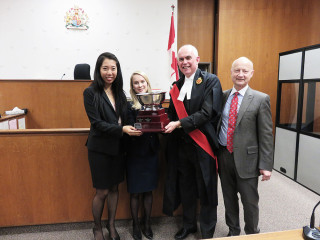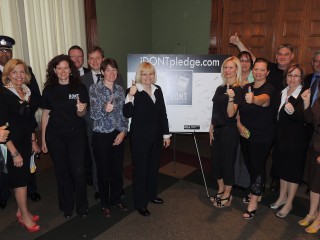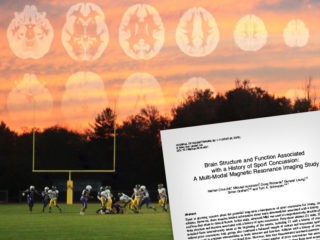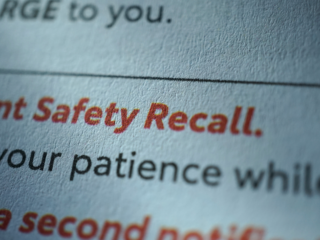Released September 1, 2015 | CanLII
This action arose out of a recreational hockey incident in which the plaintiff, Robbie Levita, suffered a fractured right tibia and fibula after being checked by the defendant, Alan Crew, while playing in a league operated by True North Hockey Canada. Levita claimed that Crew checked him into the boards from behind, either intentionally or recklessly, in contravention of the rules set by the league. Levita also alleged that True North knew or ought to have known that Crew was a dangerous hockey player, and failed to take adequate steps to protect the safety and security of players in the league. The action was tried over 6 days before Justice Firestone.
With respect to the claim against Crew, Justice Firestone found that there was insufficient evidence to find that Crew intended to injure Levita when he skated into him. Turning to the issue of the alleged recklessness of Crew, Justice Firestone found that Crew behaved in an “overly aggressive” but not malicious or out of the ordinary manner when he skated into the beater. Given the fact that contact did regularly happen between hockey players in the league, Justice Firestone held that Crew’s lack of carefulness tell short of the creation of an unreasonable risk of harm.
True North defended the action on three grounds. First, it relied on a waiver that Levita had signed before the season (in addition to having signed previous waivers in each season he had played). Second, True North argued that it had not been negligent as there was insufficient evidence to put the league on notice that Crew was dangerous and should have been expelled. Finally, True North relied on the defence of volenti or implied consent. Justice Firestone accepted all three defences.
On the issue of the waiver, he found that the waiver was unambiguous and specifically listed the risks and dangers covered, including the risks of the very injury sustained by Levita. Levita happened to be a lawyer and Justice Firestone found that he understood the legal significance of signing a waiver document. He rejected Levita’s argument that he had voluntarily signed something that he did not understand or read. In light of Justice Firestone’s finding that Crew was not negligent, True North could not be held liable. However, he went further and indicated that even if he had found Crew negligent, he would not have held True North liable, both because there was insufficient evidence to establish that True North knew or should have known that Crew was dangerous (to the contrary, he had fewer penalties than Levita), and because True North had in place clear rules and a punitive penalty system which went above and beyond the system recommended for recreational hockey leagues by the CHA. There was no evidence that the rules and penalty system were not enforced. Finally, Justice Firestone concluded that Levita assumed both the physical and legal risks of playing hockey by signing the waiver and playing in the league for more than 10 seasons with full knowledge of the style of play in the risks involved.













